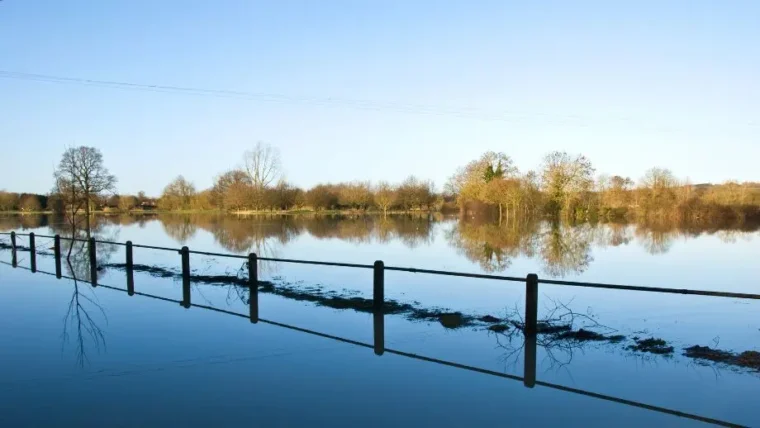Why is it important to document your environmental procedures?
19 October 2016
If you have an Environmental Management System, you will have documented all of your environmental controls, especially if you are certified to ISO 14001. But what if you don’t have a formal system? Is it important to document your controls? This blog will look at the top 3 reasons why it is important.
- Compliance
Regardless of the systems you have in place, you have a requirement to comply with the law. Documented systems give you a good reference point to check you have covered all of your compliance obligations. You can audit your procedures to make sure you are compliant in theory and then you can audit the implementation of those procedures to make sure your staff are following them.
You may also be obliged to document certain things. For example, if you have an environmental permit, you will need to keep procedures to demonstrate compliance with the clauses of your permit.
- Everyone knows what they need to do
Documented systems are a great way to communicate procedures to your staff. They can be used as a point of reference to ensure everyone is aware of their responsibilities and how activities should be carried out to minimise environmental damage. If people are ever unsure of what to do, having easily accessible procedures in an easy to understand format will mean they can check the procedures to find out what to do. This reduces the chance of doing something wrong that could cause environmental damage and potentially lead to prosecutions and expensive clean up costs.
- Meet supply chain requirements
During the supplier approval process or when you are winning work, many customers ask how you manage your environmental aspects. If you have documented procedures, you can send or reference those as evidence. Having those procedures in place demonstrates you are aware of your environmental responsibilities and take them seriously. Comprehensive environmental procedures can reduce the risk of environmental incidents and the related reputational risks.
Every company has environmental responsibilities. Documenting how you meet those responsibilities in procedures gives proof that you know what they are and how you meet them. Once you have written procedures, it is important that they are communicated to everyone and implemented throughout your organisation. It is also very important for you to make sure that your procedures are working for you and you make any necessary changes (as long as you maintain legal compliance). You might need to amend your procedures if there are changes in legislation, changes within your organisation or you find an even better way of doing something. Once you update your procedures, don’t forget to communicate this to your staff so they can make sure they follow them. Do you document your procedures? Do you find them useful? Leave your comments below.









